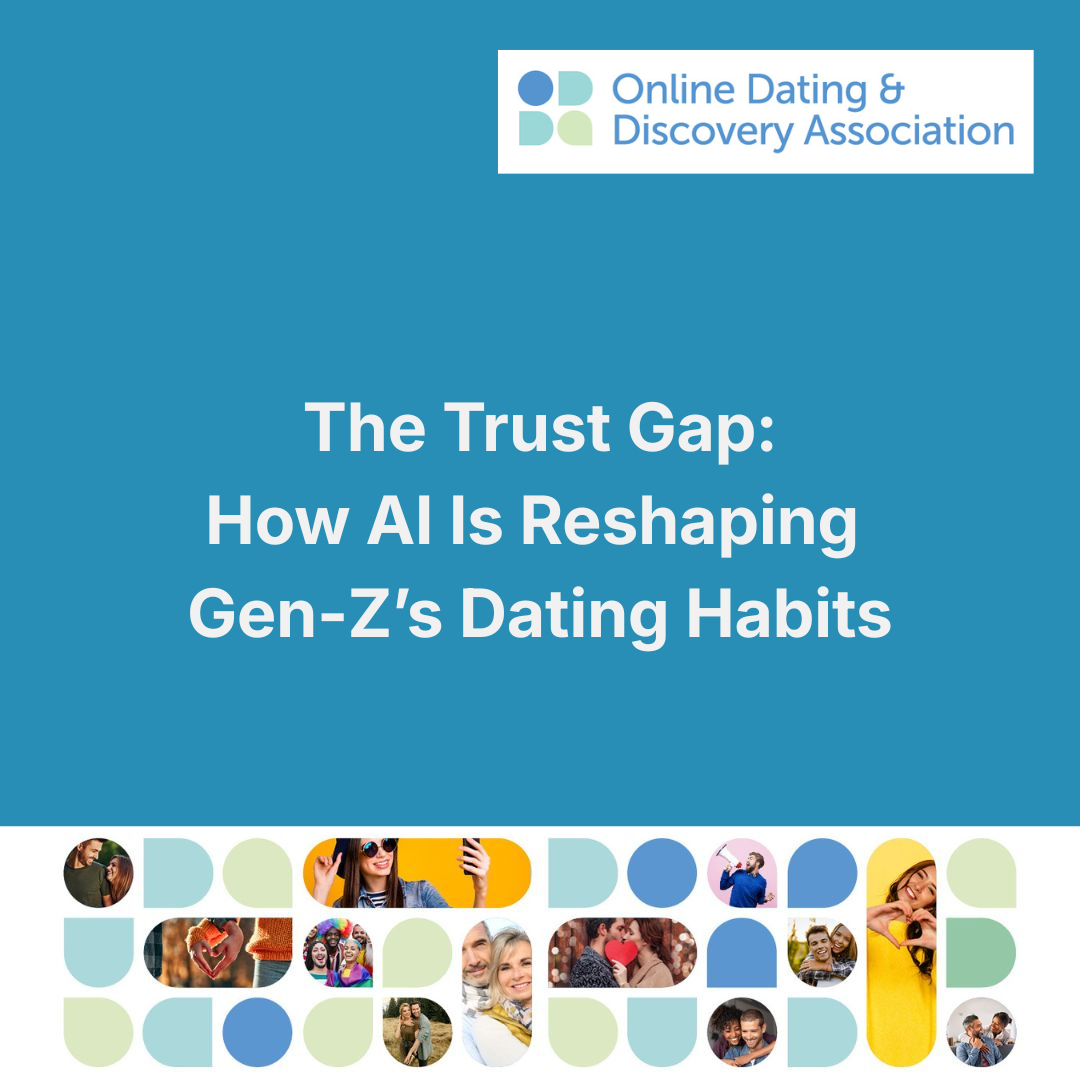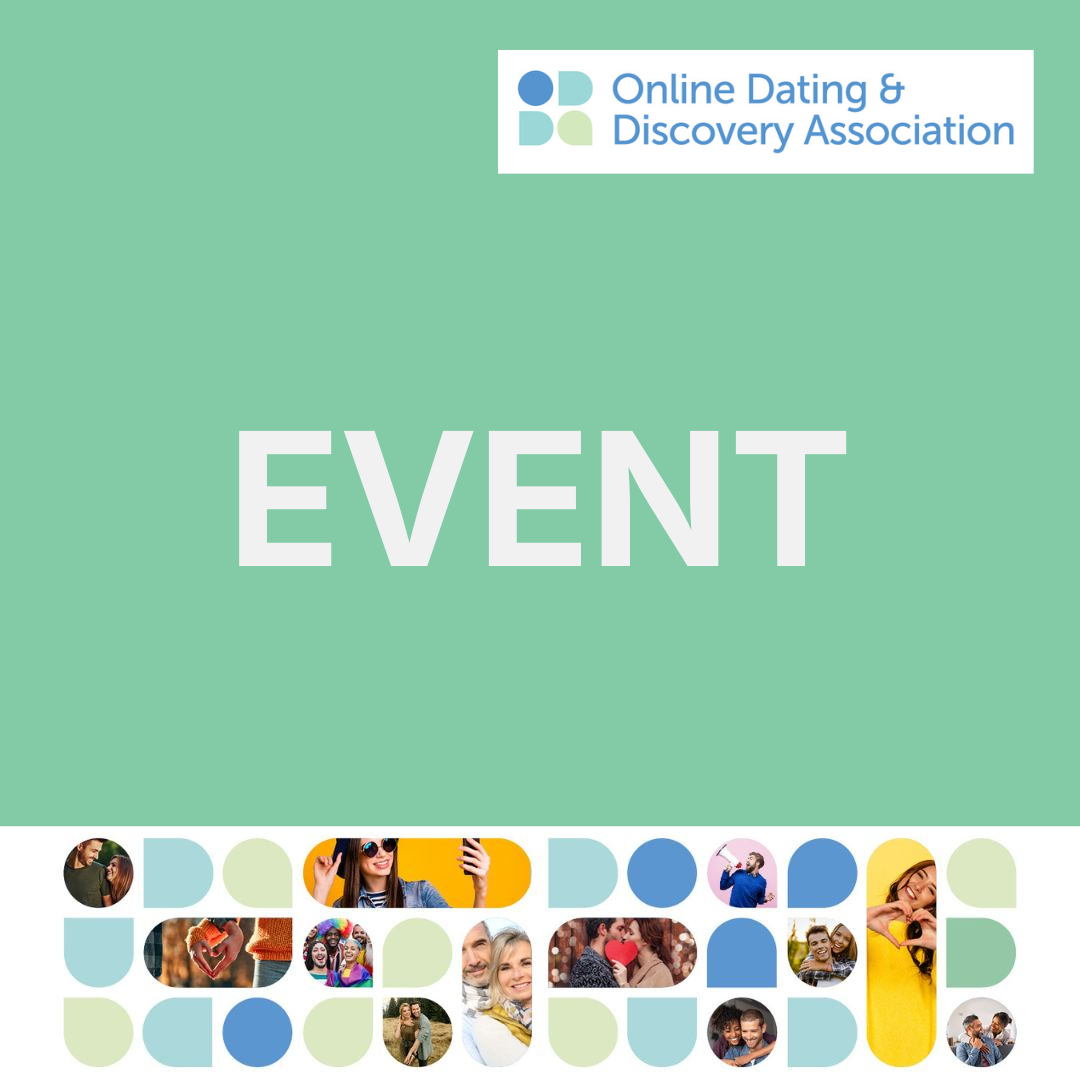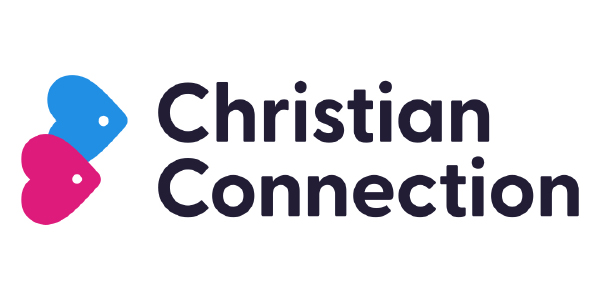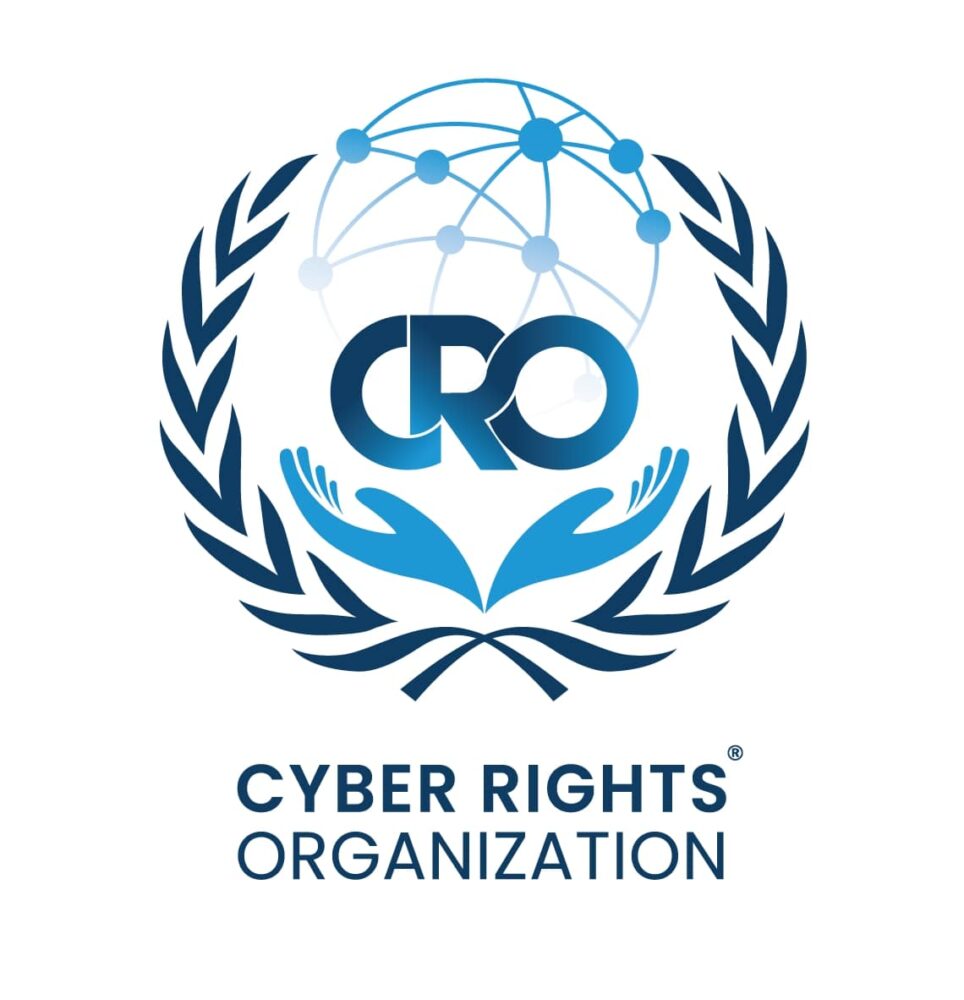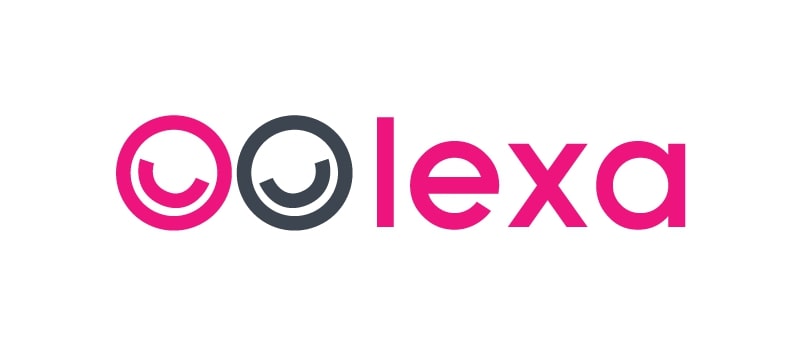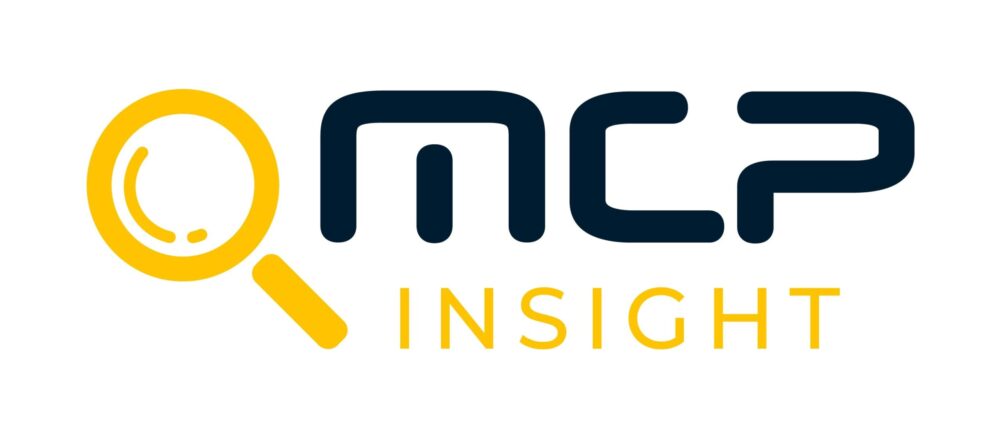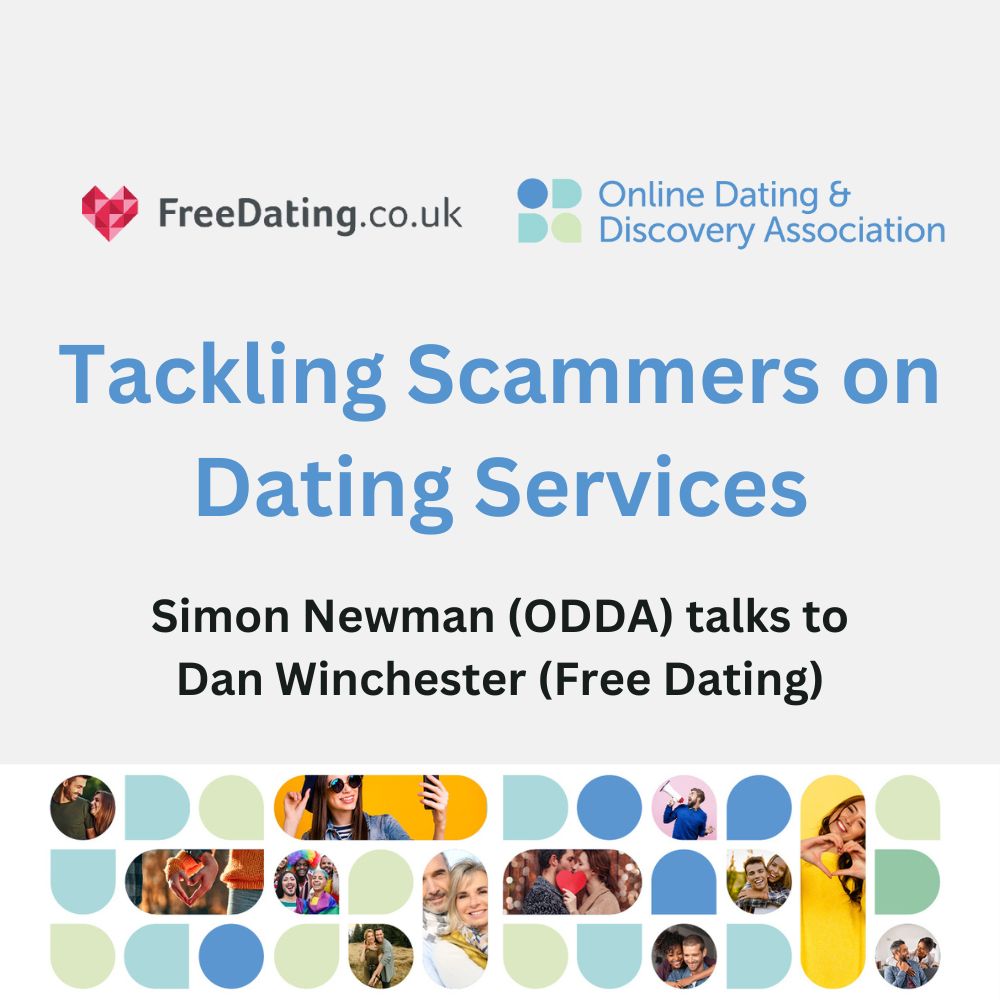
World Romance Scam Prevention Day: Tackling Scammers on Dating Services
To mark World Romance Scam Prevention Day, the Online Dating and Discovery Association (ODDA) is using the month of October to raise awareness of the issue and highlight what our members are doing to remove scammers from their sites.
In this article, the ODDAs Simon Newman (SN) talks to Dan Winchester (DW) from Free Dating, one of the oldest and most successful online dating platforms.
SN: Is romance fraud a big issue affecting the online dating industry?
DW: Absolutely – if you run a dating service, and don’t do anything to prevent scammers, you will quickly become overrun with them. Your users will abandon your service as a result.
SN: You’ve been in the industry since 2005. How have you seen the tactics used by scammers evolve?
DW: The strategy of the scammers has remained broadly constant over those twenty years: They misrepresent who they are; and they use that false identity to attempt to move the target away from the dating service onto chat apps or social networks in order to execute the scam. The tactics have tended to change incrementally over time, but with a major advance a few years ago when the use of residential proxies by scammers became widespread.
SN: How do you deal with scammers on your own site?
DW: I use a raft of internal and external solutions, but fundamentally I am looking for anyone who is materially misrepresenting who they really are. I have a combination of tech and process which is virtually 100% effective at preventing scammers from getting onto Free Dating.
SN: With elections happening in the USA and across much of Europe this year, do you think we’ll see a greater emphasis placed on online platforms to do more against scammers?
DW: Online fraud has exploded, and there is growing pressure for platforms to tackle it – not just from governments, but from the banks, who are currently footing the bill, and feel that responsibility should be shared more widely. But regulation is also hampering the ability to effectively fight fraud, and it is interesting that the explosion in fraud has coincided with the implementation of GDPR. The Online Safety Act also has the potential to dramatically increase fraud, as users are forced to share ID documents and personal information with more and more services, without really understanding which ones they can and cannot trust.
SN: What advice would you give to our members to help them prevent scammers?
DW: Work out what part of a user’s information needs to be true in order for them not to be a scammer. For example, they need to be the person in the photo, they need to be actually accessing your service from the country they claim to be in (they might however not need to be the exact age, height, or weight they claim to be!) Then work out what needs to be done in terms of tech and process to get the assurances you need on those key datapoints.
SN: Finally, tell us a bit about Free Dating.
DW: At nearly 20 years old, Free Dating is one of the longest running dating services in the UK – if not the world! The service is a traditional profile-based dating service, and mainly appeals to older daters who grew up with that style of online dating. There is no charge for any part of the service – and no scammers either!
SN: Thank you for your time, Dan!
You can find more about Free Dating on their website: www.freedating.co.uk
A copy of this article can be downloaded here.
